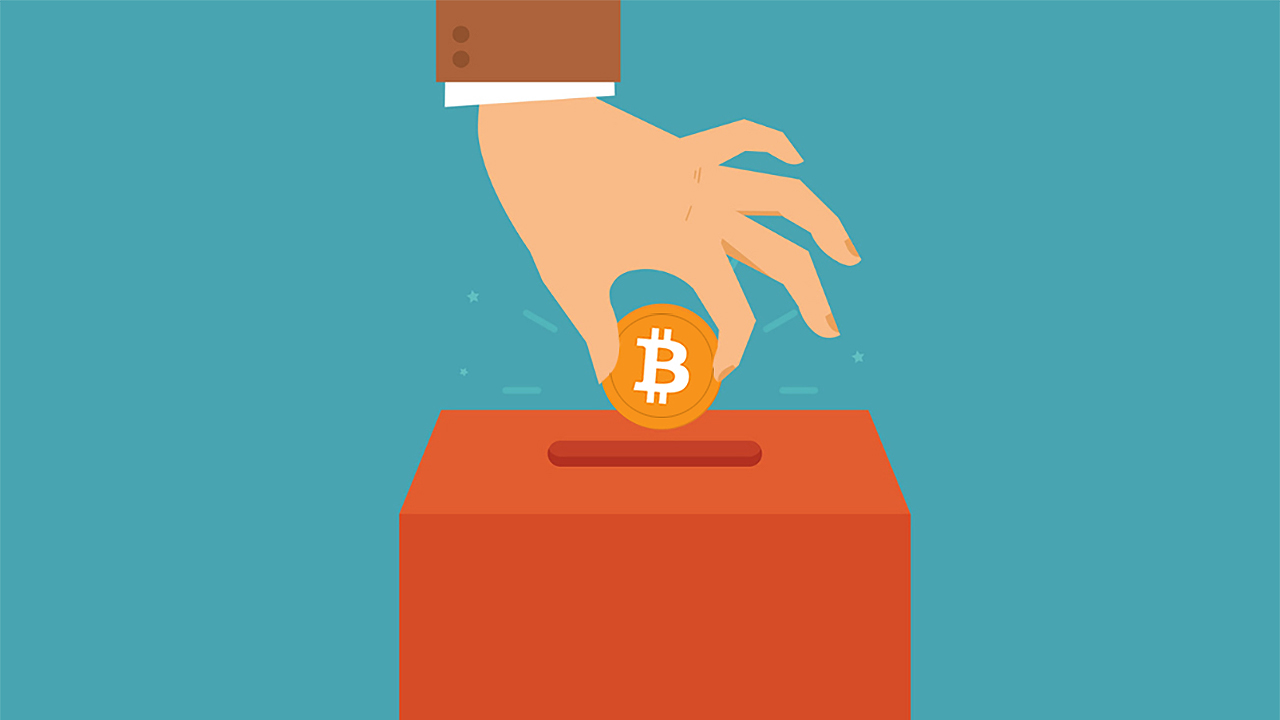As the world continues to adapt to the growing rise and mass adoption of crypto, governments and regulators worldwide are moving to create updated frameworks that govern and regulate the use and impact of digital currencies in certain sectors. Likewise, the California Fair Political Practices Commission (FPPC) is the latest to make such a move.
Crypto In Politics
The FPPC recognizes cryptocurrencies’ role in the political sphere, especially regarding campaign donations. So as part of its agenda for its August meeting, the agency will discuss the updated campaign disclosure manuals, which now include cryptocurrency contributions.
In a move reiterating the agency’s commitment to transparent campaign financing, these updated guidelines provide a more comprehensive framework for political candidates and committees in California on how to receive and deal with crypto donations.
As contained in Chapter 4 of the manual, which covers “contributions,” cryptocurrencies fall under non-monetary items. It stipulates that politicians or political committees cannot use cryptocurrencies to circumvent the applicable limit, as digital currencies are also subject to it.
As part of efforts to ensure transparency, committees cannot receive cryptocurrency donations directly. Instead, they must use a payment processor to facilitate such transactions. These payments must be US-based and registered with the US Department of Treasury and Financial Crimes Enforcement Network and abide by the stringent know your customer (KYC) protocols to ensure that the identity of each crypto contributor is known.
The payment processor must also collect the “name, address, occupation, and employer of each contributor,” which must be transmitted to the committee within 24 hours.
To deal with the volatility of cryptocurrencies, the FPPC has stipulated that the crypto contributions must be immediately converted to US dollars and funds deposited into the committee’s campaign bank.
Total market cap returns to $1.134 trillion | Source: Crypto Total Market Cap on Tradingview.com
Significance Of This Move
Instead of banning crypto donations outrightly, it is commendable that the FPPC has moved to put measures in place to ensure transparency and protect the integrity of the campaign process.
These measures undoubtedly help to clear doubts or concerns which many might have about crypto in politics, such as crypto transactions being almost untraceable or being used to buy favors from politicians, as was seen in the case of Sam Bankman-Fried (SBF), who many believe made donations simply to have the government on his side in case his illicit activities were ever discovered.
Introducing KYC measures helps curb the misuse of these funds or even being used for illicit activities. And the guidelines also stipulated that crypto contributions may not be accepted “from foreign principals, lobbyists, or anonymous sources,” in a move that protects politicians from the undue influence of these individuals.
Meanwhile, there are positives that the crypto community can take from this move. Politicians receiving crypto contributions might be an eye-opener for them as to the positive impacts cryptocurrencies can have across several sectors.
Featured image from Jing Culture & Crypto, chart from Tradingview.com


